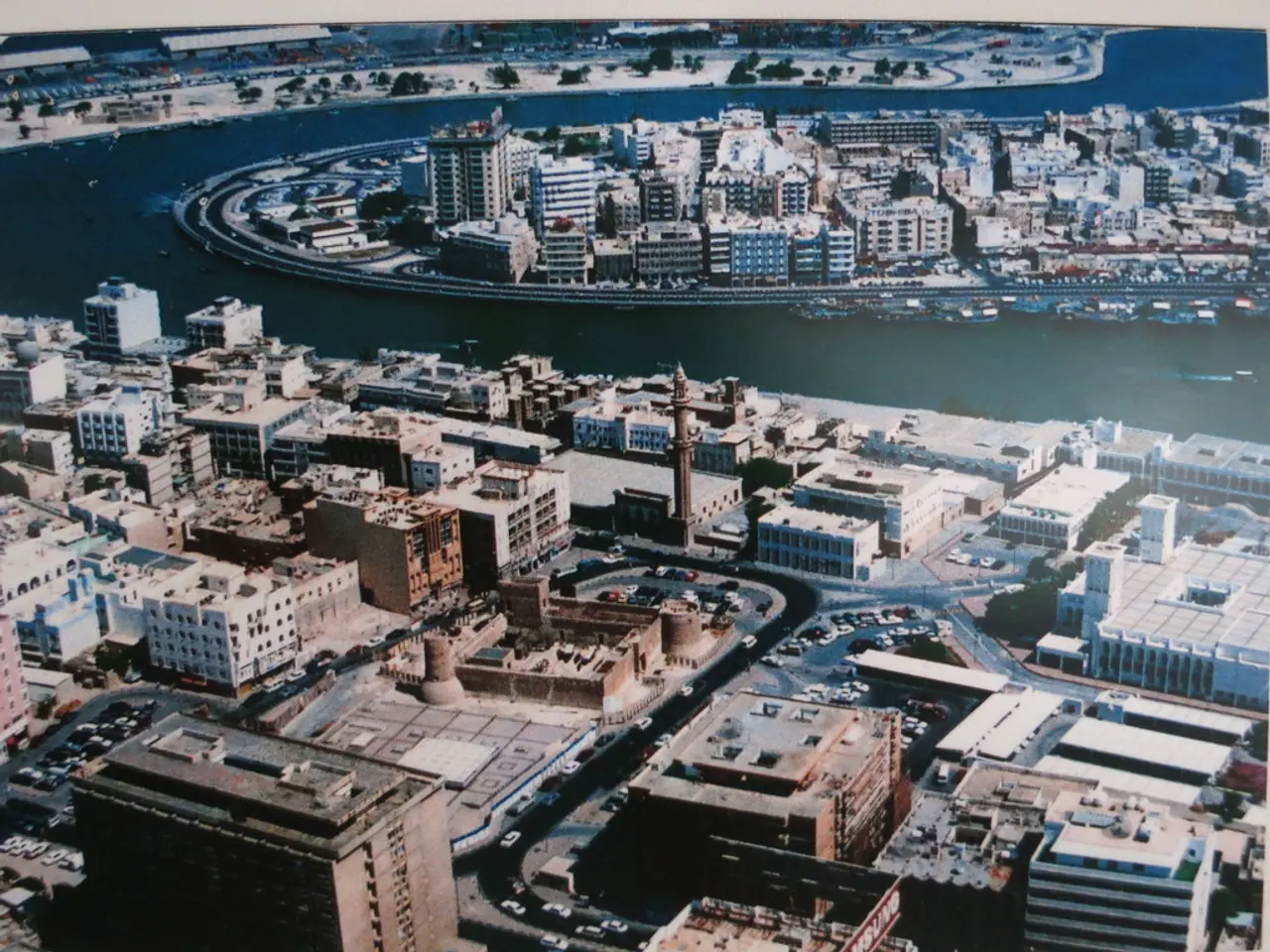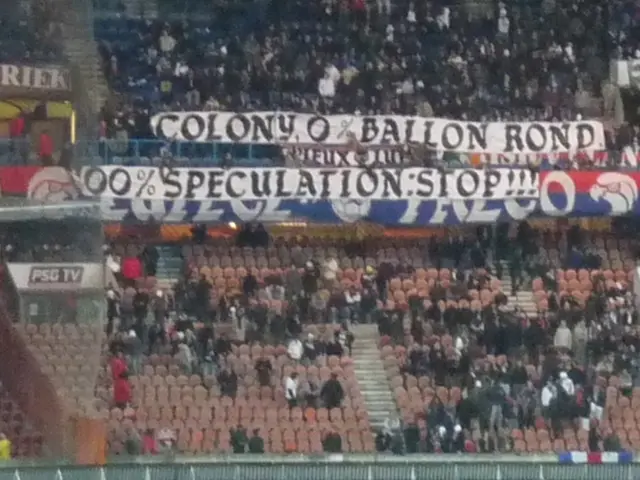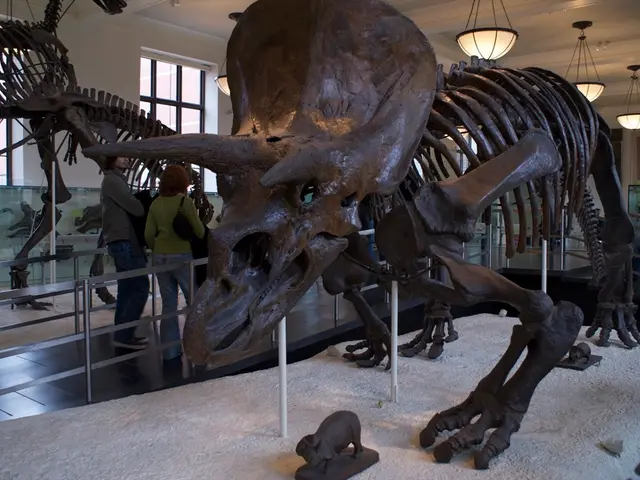European Race to Catch Up in Africa: Strategies for Competition in the Gulf Region
In a significant stride, Qatari Sheikh Mansoor Al Thani has pledged over $100bn in investments during a high-profile tour of several African countries, marking a growing interest of Gulf nations in the continent's economic development.
The United Arab Emirates (UAE) is already one of Africa's most dynamic external investors, with recent economic partnership agreements signed with Angola, Central African Republic, Congo Brazzaville, Kenya, and Mauritius. Notably, the UAE's president, Sheikh Mohamed bin Zayed Al Nahyan, recently signed a Comprehensive Economic Partnership Agreement (CEPA) with Angola, securing privileged access to Angola's ports, logistics corridors, and energy assets.
The UAE's investments also extend to the Democratic Republic of Congo and Zambia, suggesting a growing focus on central and southern Africa. Qatar, traditionally limited to investments in North Africa and the Horn, is now expanding its reach to these countries.
Meanwhile, the European Union (EU) is leveraging its technical know-how and access to its single market to remain competitive. However, it faces challenges in overcoming slowness and risk aversion. This could potentially limit Europe's leverage over African resources and supply chains, as Gulf countries expand their economic and political foothold in Africa.
The EU, through its Global Gateway initiative, is dedicating half of its €300 billion investment effort (2021–2027) to Africa, supporting 137 flagship projects across infrastructure, energy, and industrial sectors. Key sectors for this partnership include agriculture and agro-processing, light manufacturing, renewable energy, and skills training.
The EU can work with African countries to build integrated industrial ecosystems that move production up the value chain and encourage African industrialization. Cooperation opportunities include aligning infrastructure and energy projects with industrial development, regional value chains, and skills creation.
Moreover, the EU can partner with Gulf and African actors to link infrastructure projects to industrial development, regional value chains, and skills creation. This could help Europe avoid ceding ground to Gulf investments, especially in areas such as green hydrogen hubs in Mauritania, transport corridors, and energy transitions in Tunisia and Namibia.
One area where Gulf actors cannot easily replicate the EU's advantage is in encouraging African industrialization. The EU can work with African countries to foster climate-resilient and green industrialization, support certification and export enhancement programs, and leverage European technical support and finance mechanisms to promote integrated, future-oriented development solutions that build local capacities and ensure sustainable, inclusive growth.
As access to American and Chinese markets tightens and Gulf demand remains limited, European markets are well-positioned to absorb African production. However, the expansion of Gulf investments in Africa presents opportunities for co-investment and scaling up projects demanded by Africans. If the EU does not move faster and align its engagement with African priorities, it risks losing ground in this rapidly evolving landscape.








